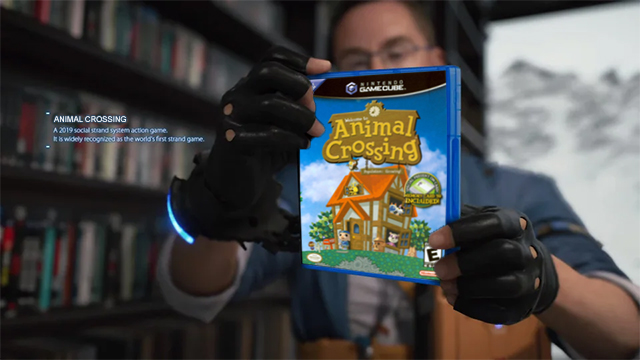Even if you’re a die-hard fan of Metal Gear or know every line of Snatcher, you should probably take Hideo Kojima’s talk with a grain of salt. This visionary creative mind isn’t afraid to use unique verbiage to sell you on his offbeat ideas. Death Stranding and the rise of the “strand game” is one such example. Pushed by Kojima as a brand new experience that focuses on social interaction, it’s honestly not a bad tool to have in the genre toolbox. However, as with most new categories, we can push past the first game to use the term to find historical oddballs that also fit this bill.
Before we do that, we have to set up exactly what we’re calling a “strand game.” Because Death Stranding isn’t quite out in the wild yet and there are still a ton of embargoes, it’s impossible to replicate Kojima’s definition of the genre with absolute certainty. After watching every gameplay demo available and listening to his words, we can sort of cobble together an approximation of what it seems like Kojima is getting at. As of now, a “strand game” appears to be a game where you accomplish your goals through social interaction. This can come through talking with NPCs or interacting with other players through online features. We have seen some guns in Death Stranding trailers, but it seems that violence is off the table, as is more traditional gaming goals like platforming and puzzle solving. With that in mind and the power of hindsight, let’s look back at the unexplored history of the “strand game” and bust apart Mr. Kojima’s hopeful half-truths.
Strand Games | For a few Bells more
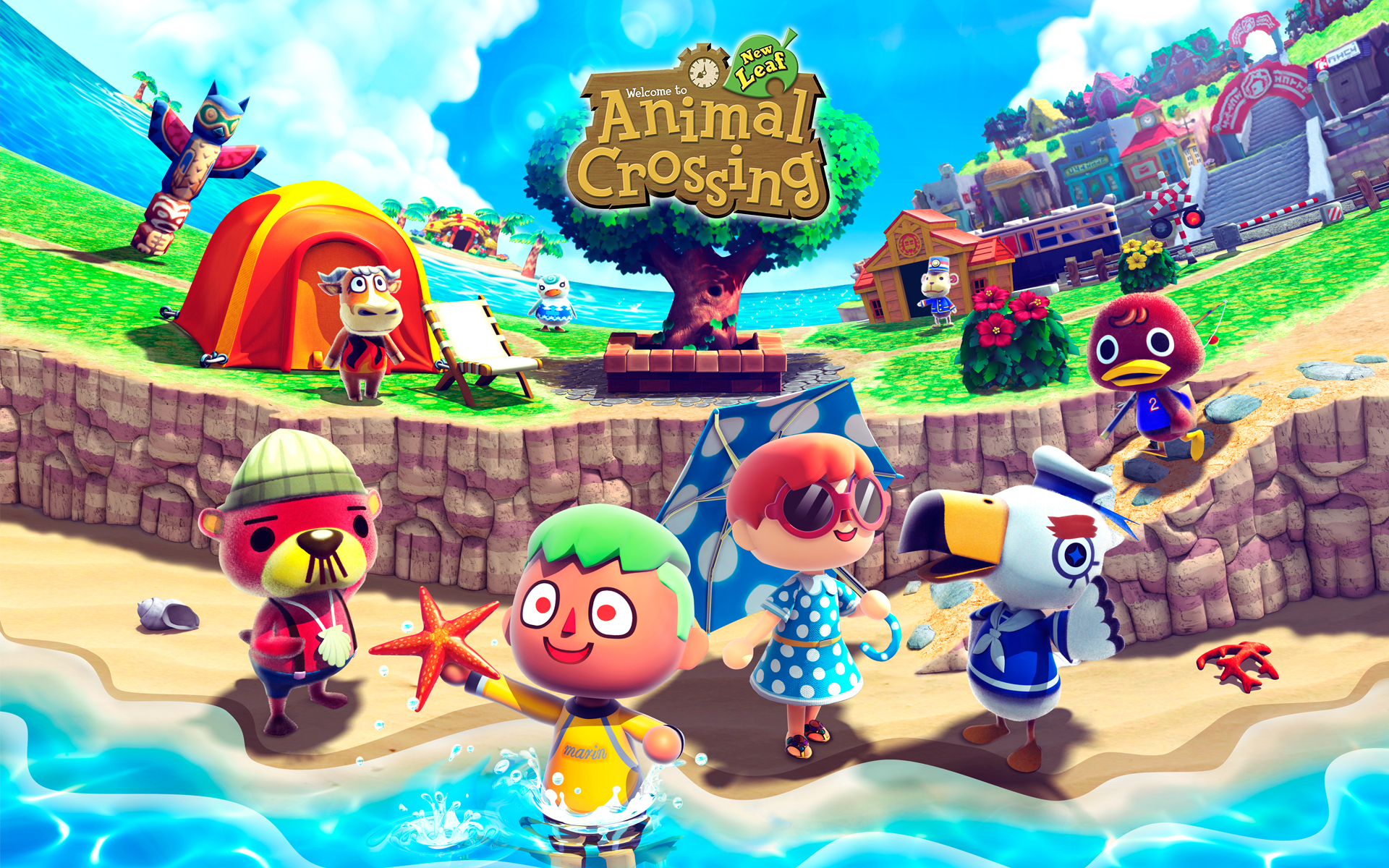
If we start from the present day and go backward, we don’t have to go long to find a strand game contender. Nintendo’s Animal Crossing franchise builds on farming simulators like Harvest Moon. However, it takes the farming aspect out, drilling down to simple interactions between villagers as the main hook. While people play Animal Crossing for different reasons, typical main goals include impressing villagers so that they stay, creating shirts and catchphrases for your friends and villagers, and increasing your influence in your town in later games. Everything you do in the game starts and ends with a conversation, so it fits perfectly.
ALSO: Death Stranding Review | A weapon to surpass Metal Gear
While you can consider Animal Crossing a pure strand experience, some of its descendants take elements of that genre. Both Stardew Valley and My Time At Portia have similar goals, although they also share more traditional sections where combat becomes a factor. Still, your main goals are meeting people and improving their lives, which definitely fits the bill. In fact, both of these games also engage in the ultimate social interaction, including full romance systems for your main character. Does the goal of scoring a soulmate fall under the umbrella of strand? Would it be too broad to rope in games like visual novels if that’s the case? We’ll only truly know if and when Norman Reedus finds a partner in the gooey wastes of Death Stranding.
Strand Games | Co-op is the key
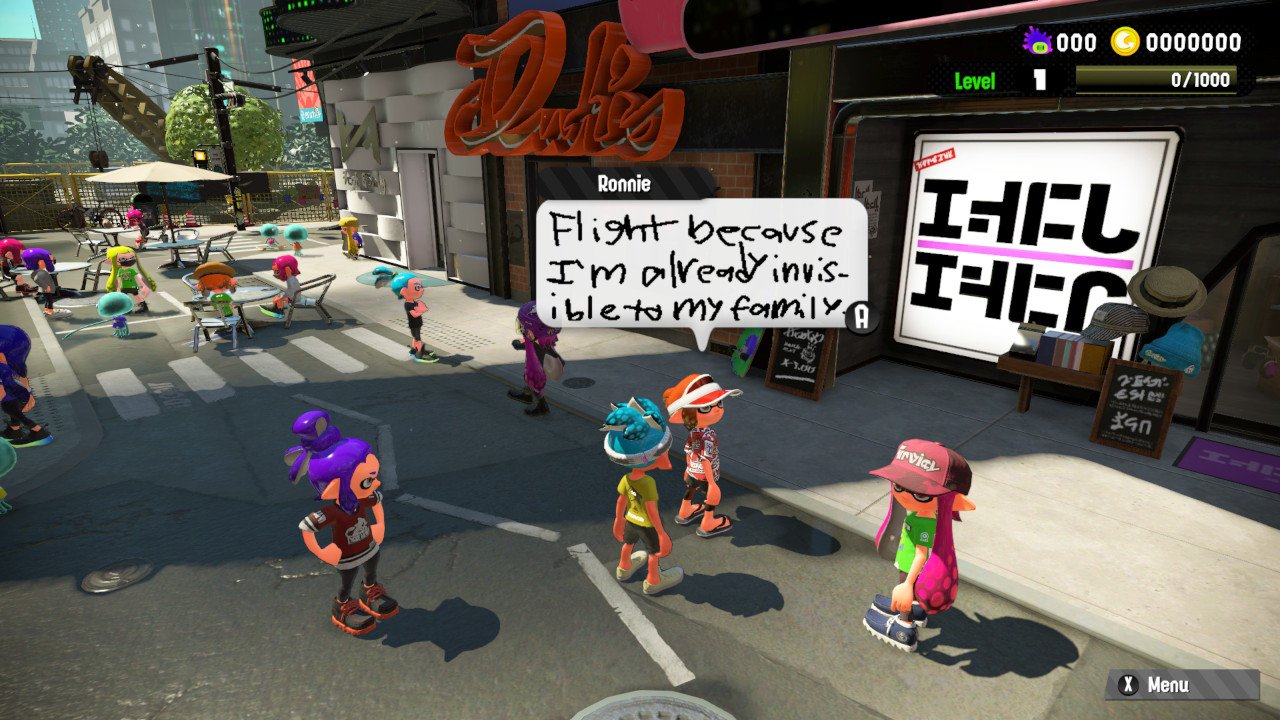
Our initial definition of strand game leaves the door open for social interactions with NPC as part of its definition. It’s possible that strand games could instead focus solely on interaction between real-life players, which is a space much less explored in current gaming. There are plenty of online multiplayer titles out there, but the vast majority involve some sort of gunplay or other action. What if Death Stranding truly wants to push the massive online communication of the internet to the gaming sphere in a nonviolent way?
This isn’t unprecedented in games either, but there’s never really been a title focusing on it exclusively. You can see this type of communication in things like Splatoon, where the lobby has NPCs spouting drawings and messages from other players. There was a sense of community in that game outside of the gameplay, especially whenever a Splatfest came to town. The same applies to Dark Souls and its bloodstain messages. Players love to leave hints and tips for their fellow Souls fans, often serving to lure them into bottomless pits. Still, that’s a measurable community force, one that hasn’t been fully explored. An entire game designed around these makeshift communities could have enormous potential, especially backed up with an insane narrative created by the father of Metal Gear.
Strand Games | Tonight there’s going to be a Jailbreak
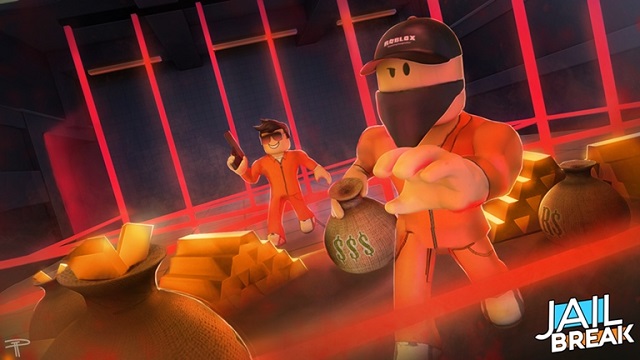
So, farming games and other “social simulators” could fit the bill, as could community-building mechanics. This next group isn’t a full game per se, but a subsection of modes found in all sorts of popular online games. Sometimes known as RP (role-playing) servers, these are versions of your favorite games with strict house rules for players to follow. Ranging from simple lore-friendly voice chat to full conversions of a game’s mechanics, these experiences only work thanks to a social understanding. While there may be traditional objectives in these types of modes, you can consider them strand games simply due to how they manipulate an existing formula to social ends. Players don’t seek rewards in-game; they seek out the type of companionship and adventure only found through social interaction.
The ever-popular Jailbreak mod is one example. Older players may remember the Unreal Tournament iteration, but this is more of a cops and robbers game shoved in where it doesn’t fit. While more modern interpretations have introduced enough mechanics that it may not be a strand game, versions in games like Team Fortress 2 and Halo rely solely on playing by the rules and talking things out. You can often leave your “jail cell” freely, but you stay put instead in order to keep the game moving along.
If you want to stretch this definition even further, you can easily rope in tools like Tabletop Simulator. The card and board games you emulate aren’t strand games themselves, but Tabletop Simulator provides only social interaction tools. Players have to make things work themselves, even if those sessions devolve into a lot of table flipping. While not the closest examples of strand games, they do revolve around social spaces in a way that’s a little outside the box.
Strand Games | Examining the strands
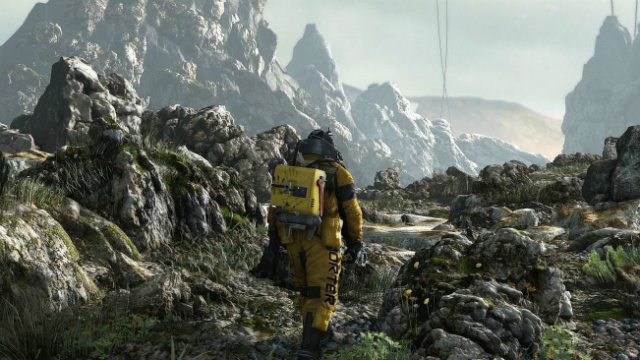
As we get closer and closer to its full release, it’s hard not to be excited or at least curious to finally digest what Death Stranding means to introduce to the gaming space. Kojima is potentially introducing a grand experiment in game design, one that could set a historical line in the sand. If successful, this strand game concept could pick up the same steam as the methodical combat of Dark Souls or the addictive massive warfare of PUBG. On the other hand, Kojima’s unbridled freedom could lead him to promise the moon and deliver nothing, much like a certain bald British developer before him. Regardless, Death Stranding may not be the first strand game, but it might end up being the strandiest of them all and gaming should examine it for its successes and failures so we can see the newly named genre move forward.
